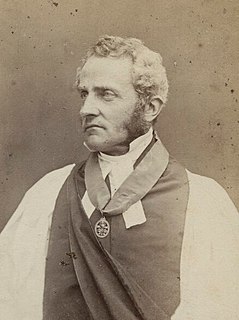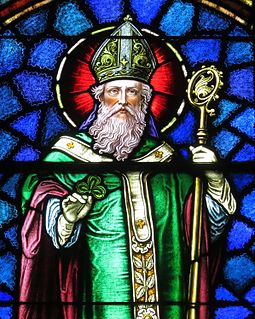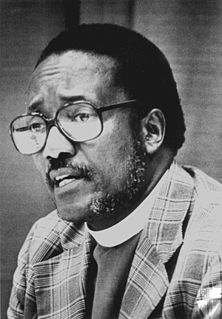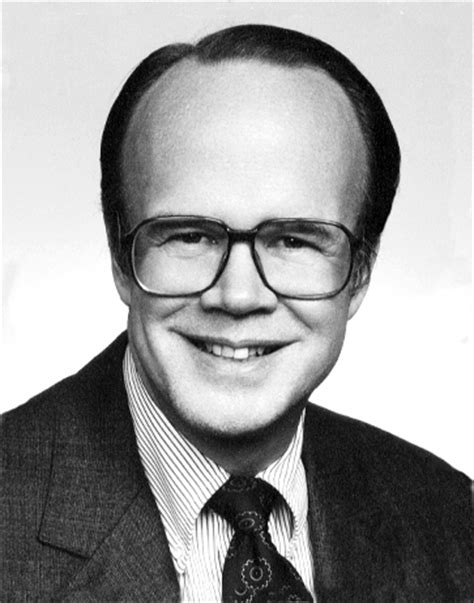A Quote by Arthur Penrhyn Stanley
It is through the multitudinous mass of living human hearts, of human acts and words of love and truth, that the Christ of the first century has become the Christ of the nineteenth.
Related Quotes
Christ prays in me, Christ works in me, Christ thinks in me, Christ looks through my eyes, Christ speaks through my words, Christ works with my hands, Christ walks with my feet, Christ loves with my heart. As St Paul's prayer was: I belong to Christ and nothing will separate me from the love of Christ. It was that oneness, oneness with God in the Holy Spirit.
Let me make it quite clear that when Christians say the Christ-life is in them, they do not mean simply something mental or moral. When they speak of being "in Christ" or of Christ being "in them", this is not simply a way of saying that they are thinking about Christ or copying Him. They mean that Christ is actually operating through them; that the whole mass of Christians are the physical organism through which Christ acts--that we are His fingers and muscles, the cells of His body.
So we see, brethren and sisters that the words of Christ can be a personal Liahona for each of us, showing us the way. Let us now be slothful because of the easiness of the way. Let us in faith take the words of Christ into our minds and into our hearts as they are recorded in sacred scripture and as they are uttered by living prophets, seers, and revelators. Let us with faith and diligence feast upon the words of Christ, for the words of Christ will be our spiritual Liahona telling us all things what we should do.
Outside of Christ, I am only a sinner, but in Christ, I am saved. Outside of Christ, I am empty; in Christ, I am full. Outside of Christ, I am weak; in Christ, I am strong. Outside of Christ, I cannot; in Christ, I am more than able. Outside of Christ, I have been defeated; in Christ, I am already victorious. How meaningful are the words, "in Christ."
It is not for us to imagine that we can prove the truth of Christianity by our own arguments; nobody can prove the truth of Christianity except the Holy Spirit, by his own almighty work of renewing the blinded heart. It is the sovereign prerogative of Christ's Spirit to convince men's consciences of the truth of Christ's gospel; and Christ's human witnesses must learn to ground their hopes of success not on clever presentation of the truth by man, but on powerful demonstration of the truth by the Spirit.
It is only when we love God and Christ with all of our hearts, souls, and minds that we are able to share this love with our neighbors through acts of kindness and service... When this pure love of Christ - or charity - envelops us, we think, feel, and act more like Heavenly Father and Jesus would think, feel, and act. Our motivation and heartfelt desire are like unto that of the Savior.
We are to believe and follow Christ in all things, including his words about Scripture. And this means that Scripture is to be for us what it was to him: the unique, authoritative, and inerrant Word of God, and not merely a human testimony to Christ, however carefully guided and preserved by God. If the Bible is less than this to us, we are not fully Christ's disciples.
That part of Christ's nature which was profoundly human helps us to understand him and love him and to pursue his Passion as though it were our own. If he had not within him this warm human element, he would never be able to touch our hearts with such assurance and tenderness; he would not be able to become a model for our lives.



































